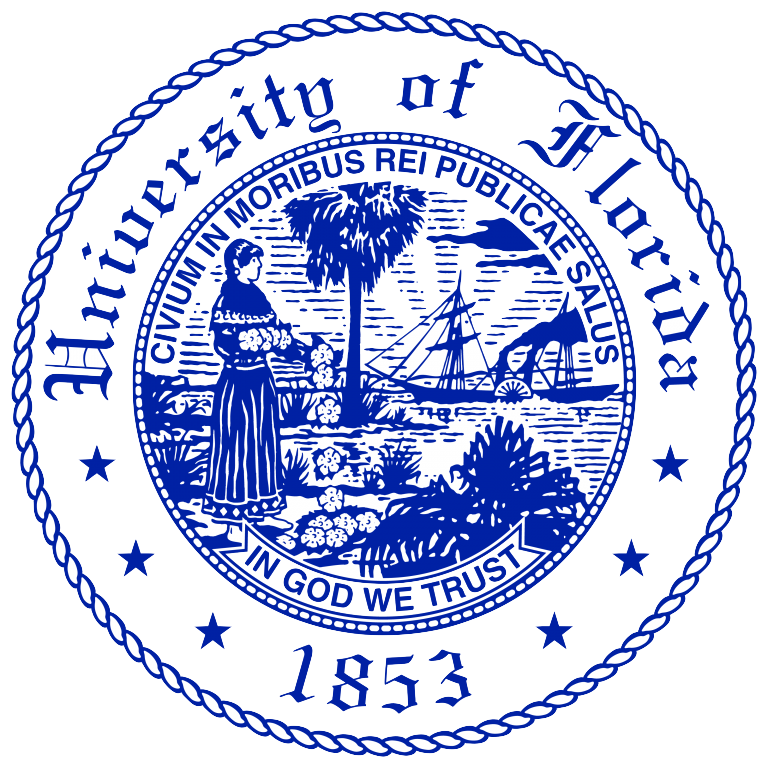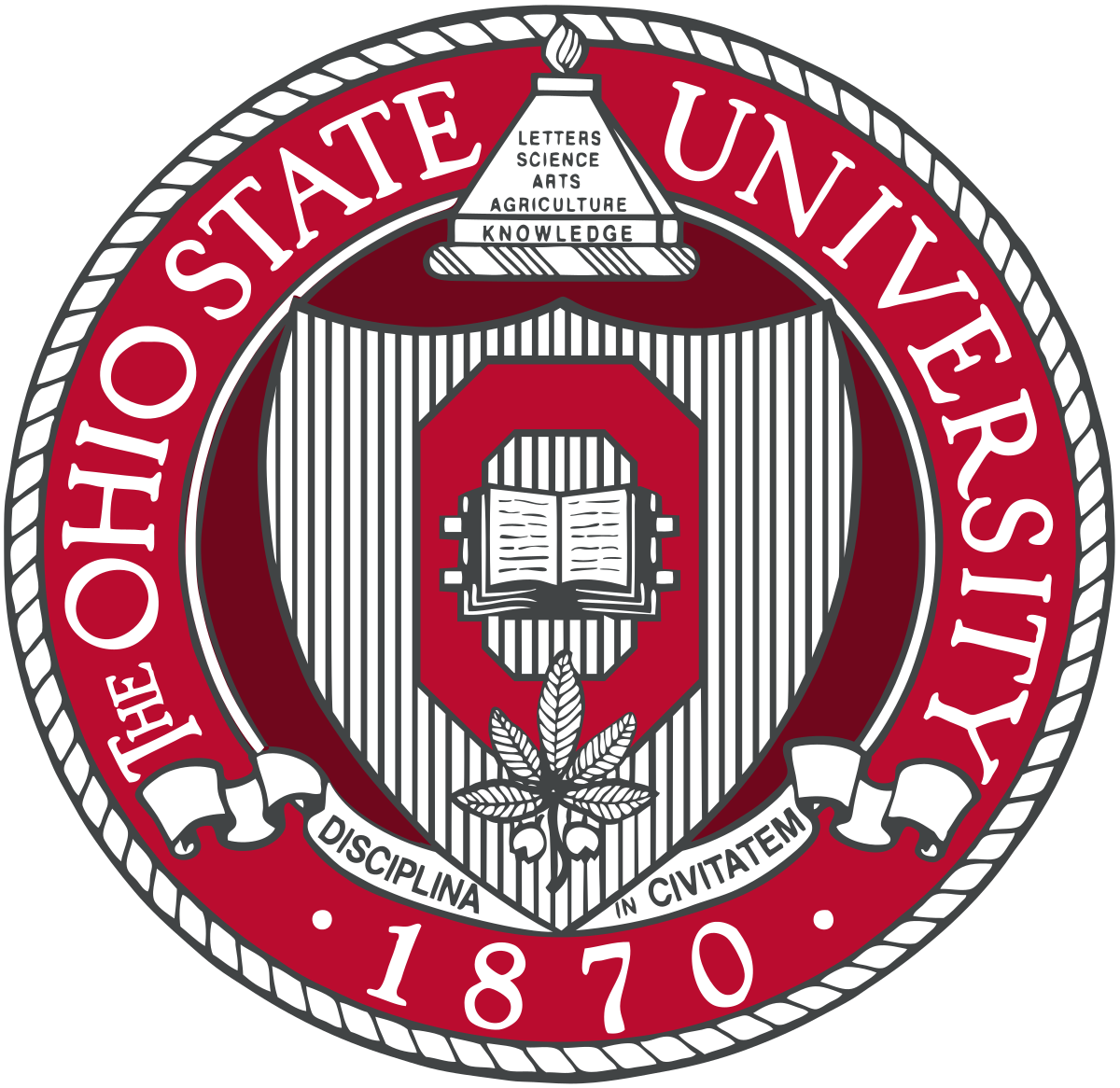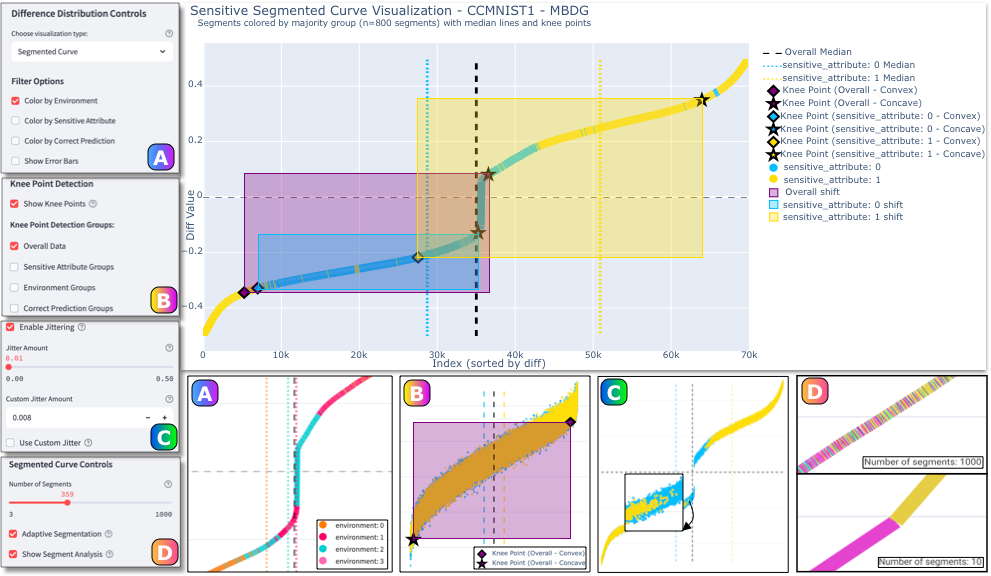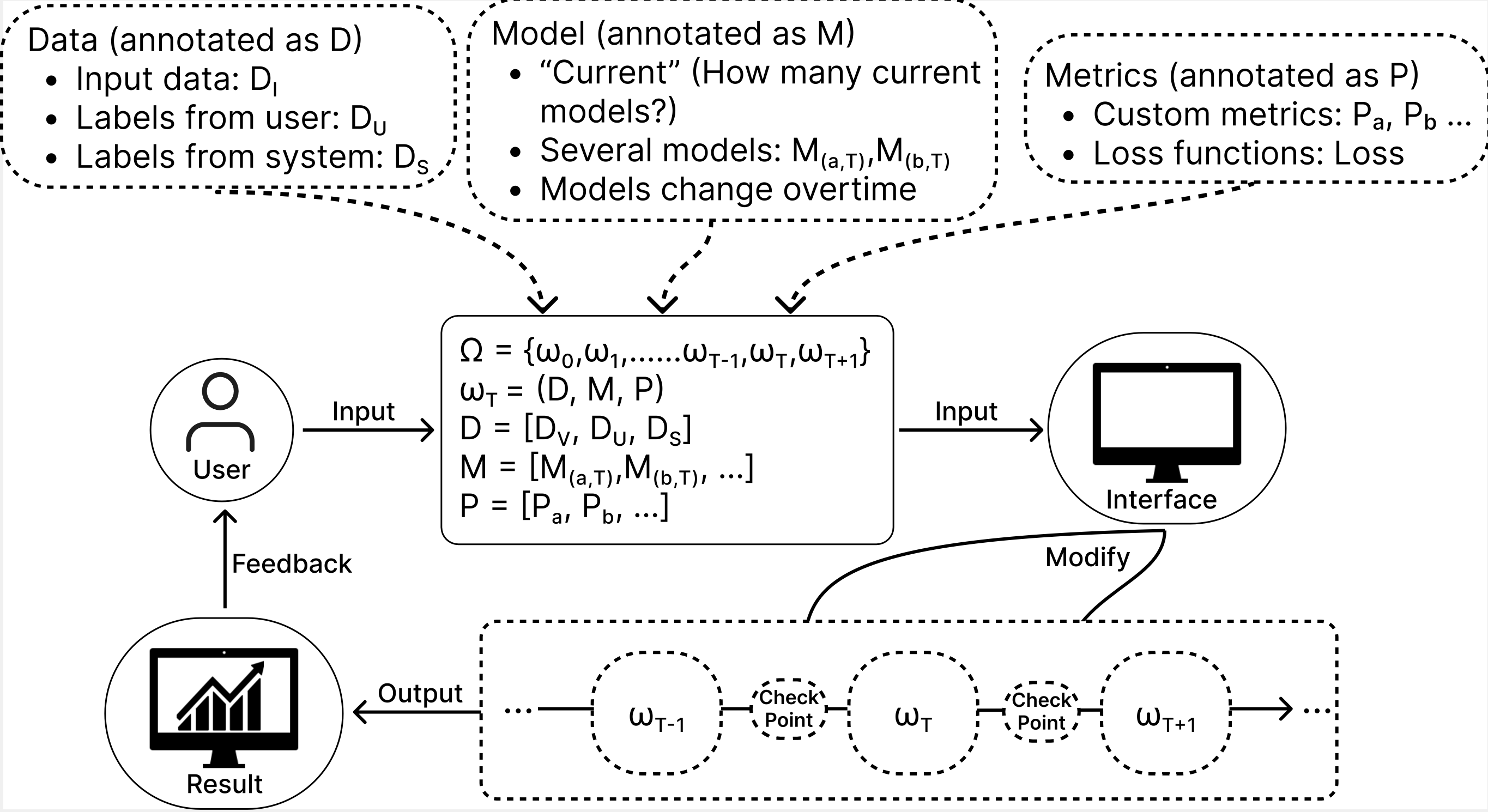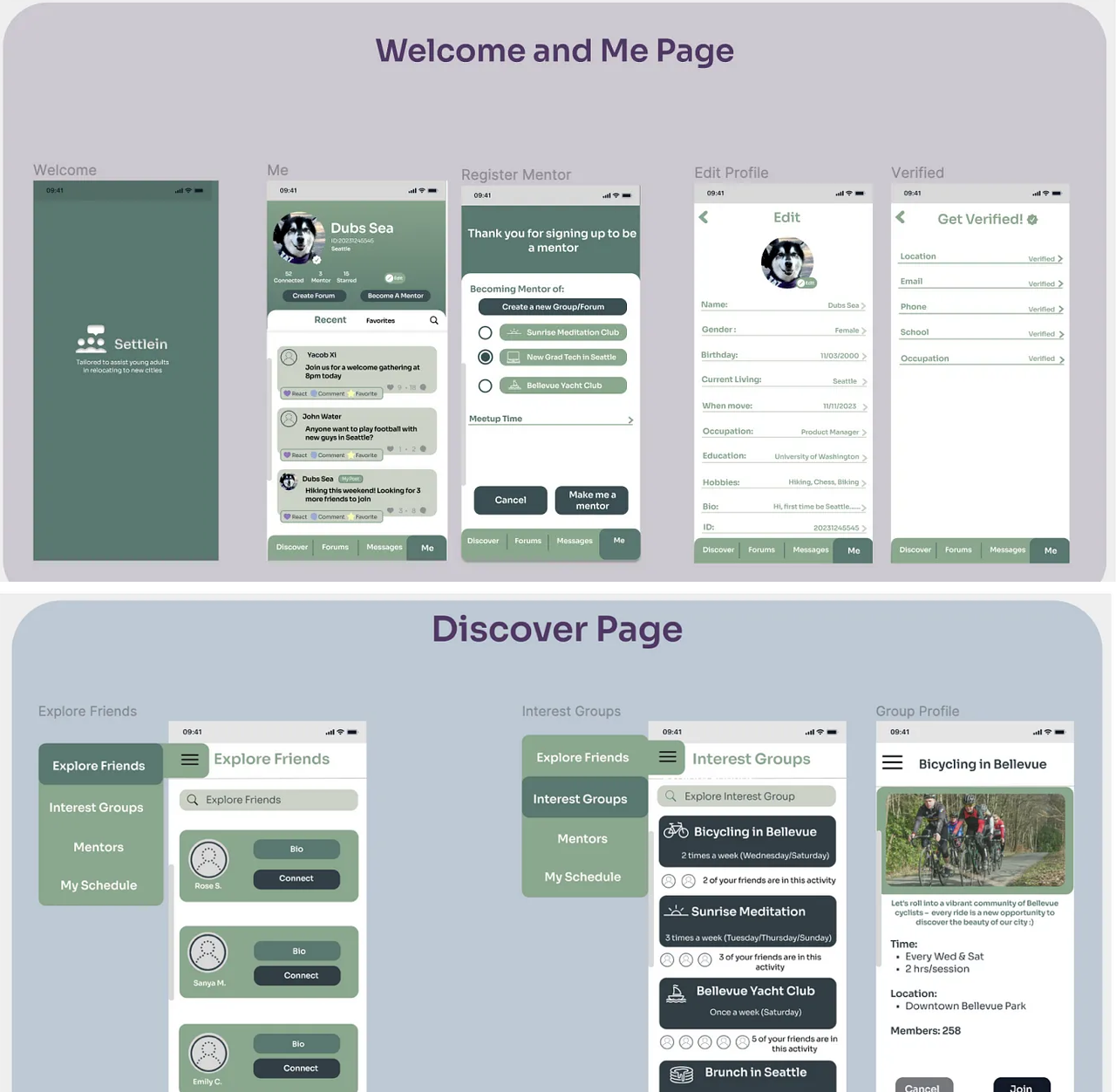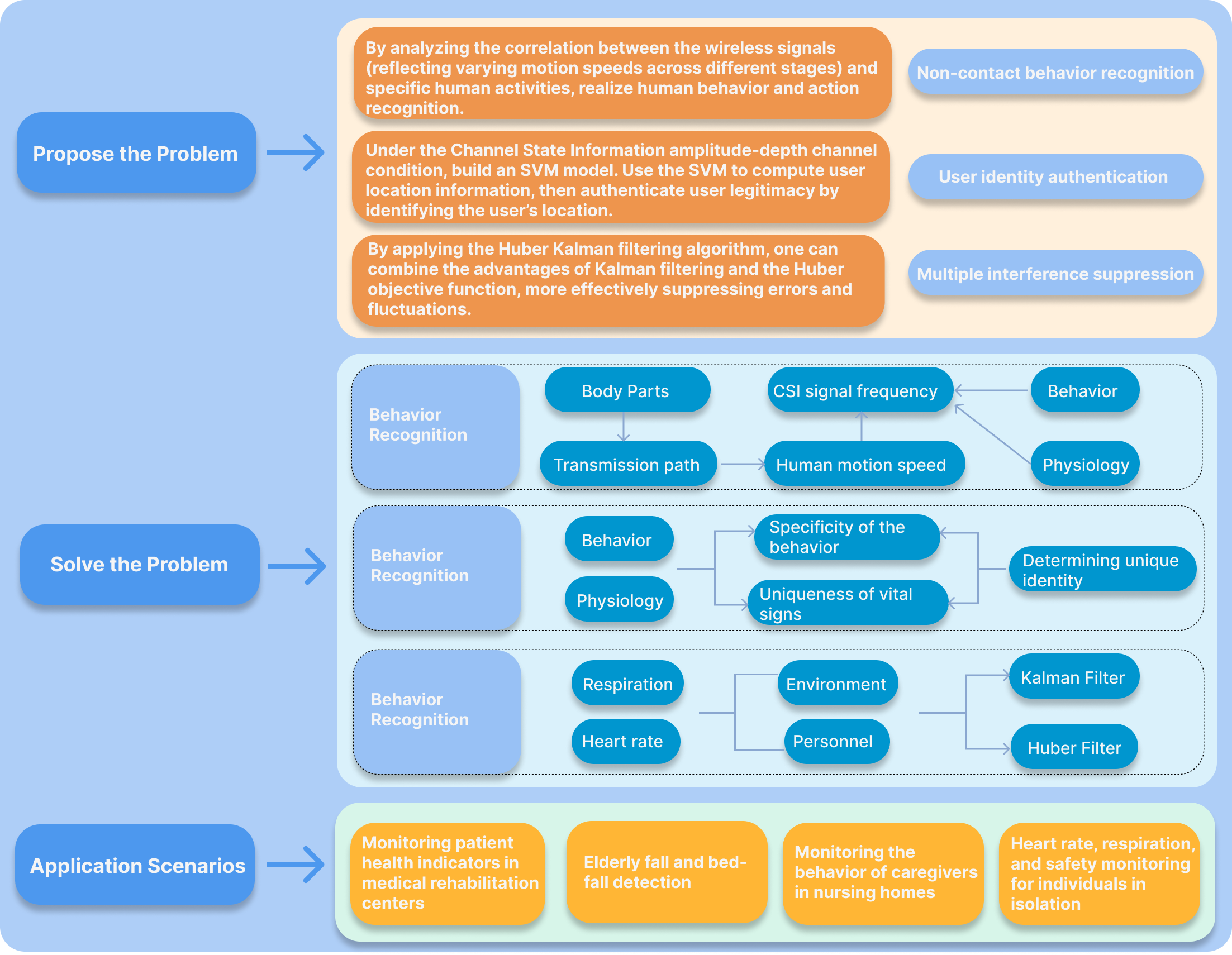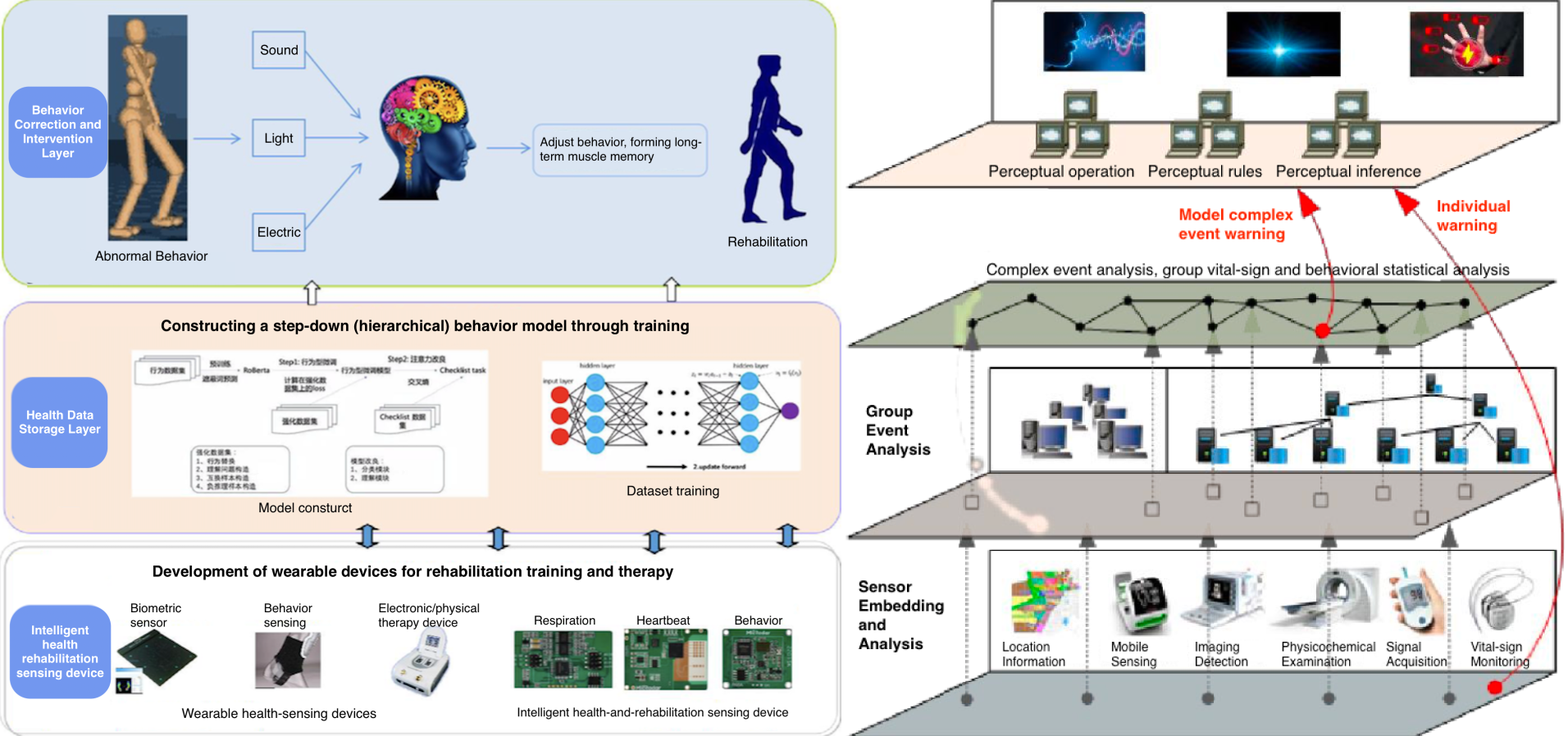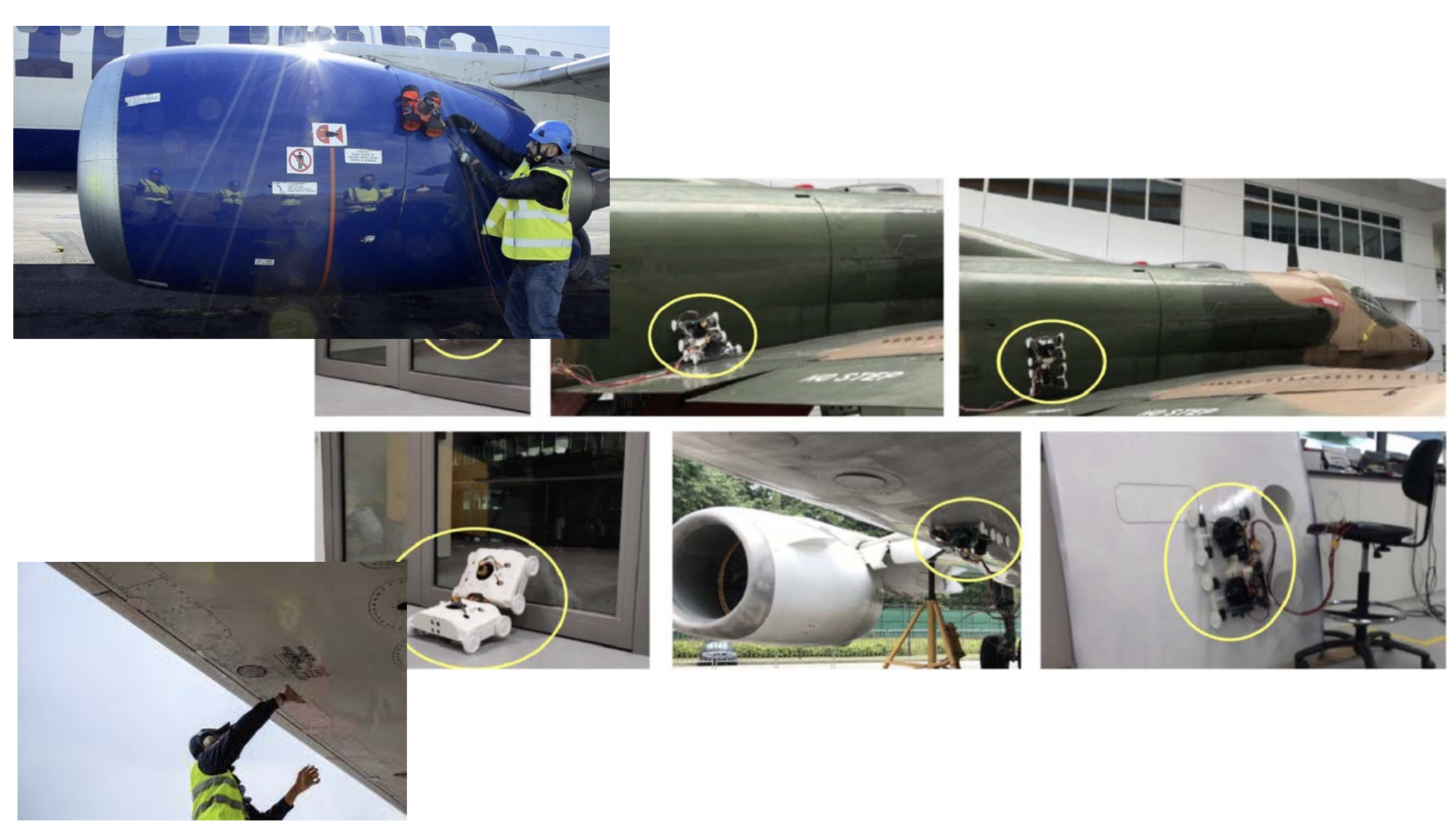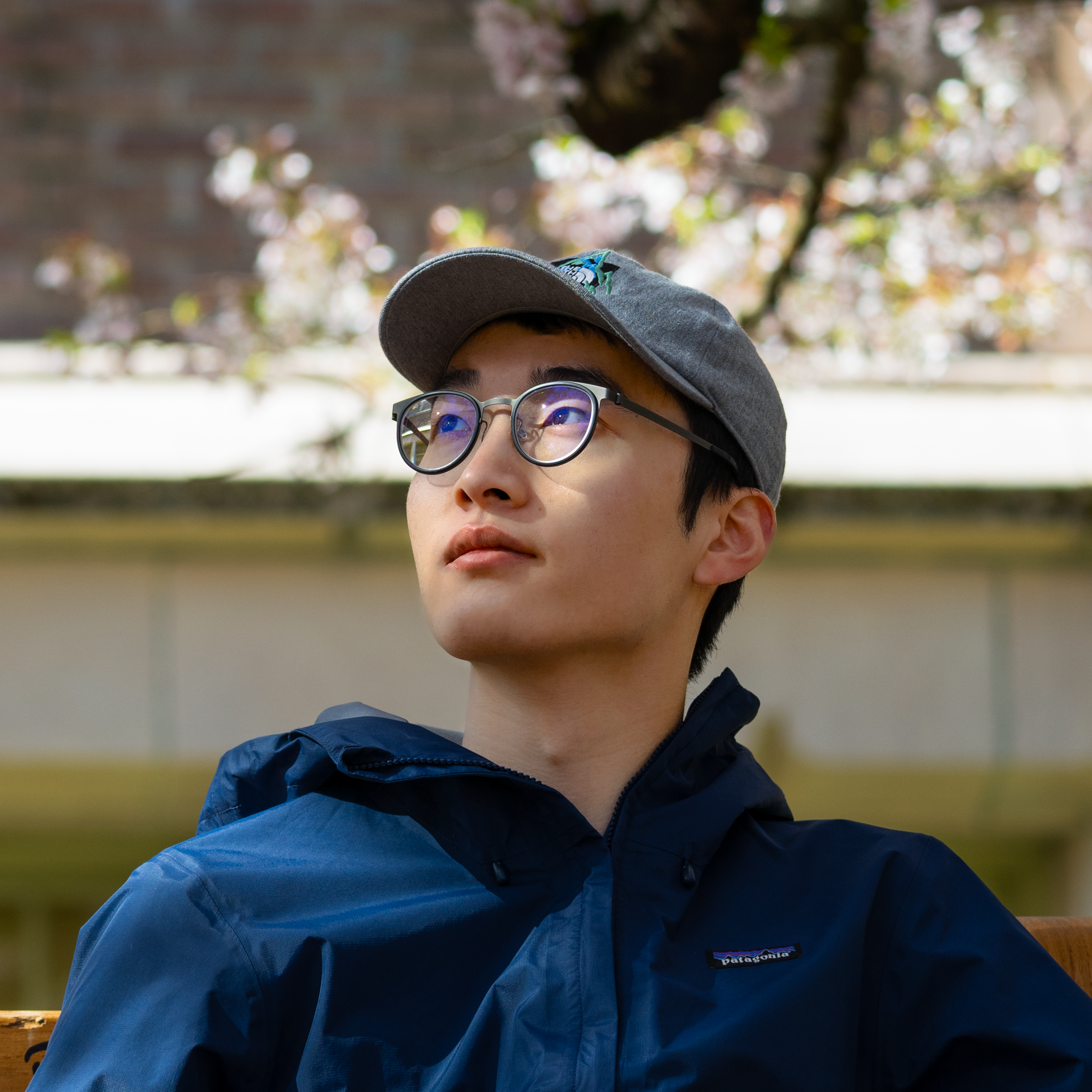
Ray Chen
2nd-year PhD Student at Computer Science
About Me
I am a 2nd-year Ph.D. student in Computer Science at the University of Florida, specializing in Human centered computing, especaily in interactive AI/ML and temporal-spatial data analysis. With a Master's in Electrical and Computer Engineering from the University of Washington and a Bachelor's in Physics and Astronomy from The Ohio State University, my expertise includes machine learning, data visualization, and human-centered AI. My research focuses on developing intuitive systems for actionable insights from complex data. I seek opportunities to collaborate on impactful interdisciplinary projects that address real-world challenges.
Research Interests
-
Interactive AI/ML
-
Interpretable AI
-
Data Visualization
-
Data Mining
Education
-
Ph.D. in Computer Science (Expected graduation: 2028/05)
University of Florida, Gainesville
-
MS in Electrical and Computer Engineering
University of Washington, Seattle
-
BS in Physics and Astronomy
The Ohio State Univeristy, Columbus
